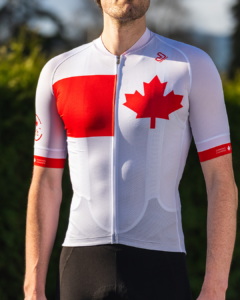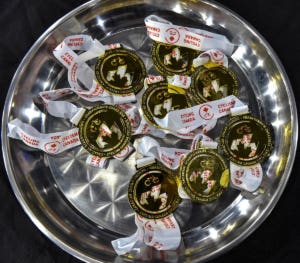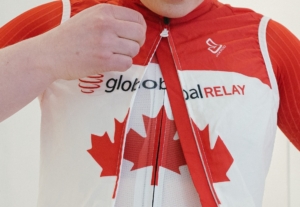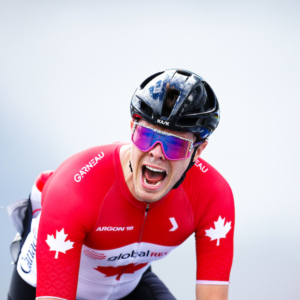INSPIRING FUTURE GENERATIONS OF GRACIOUS CHAMPIONS
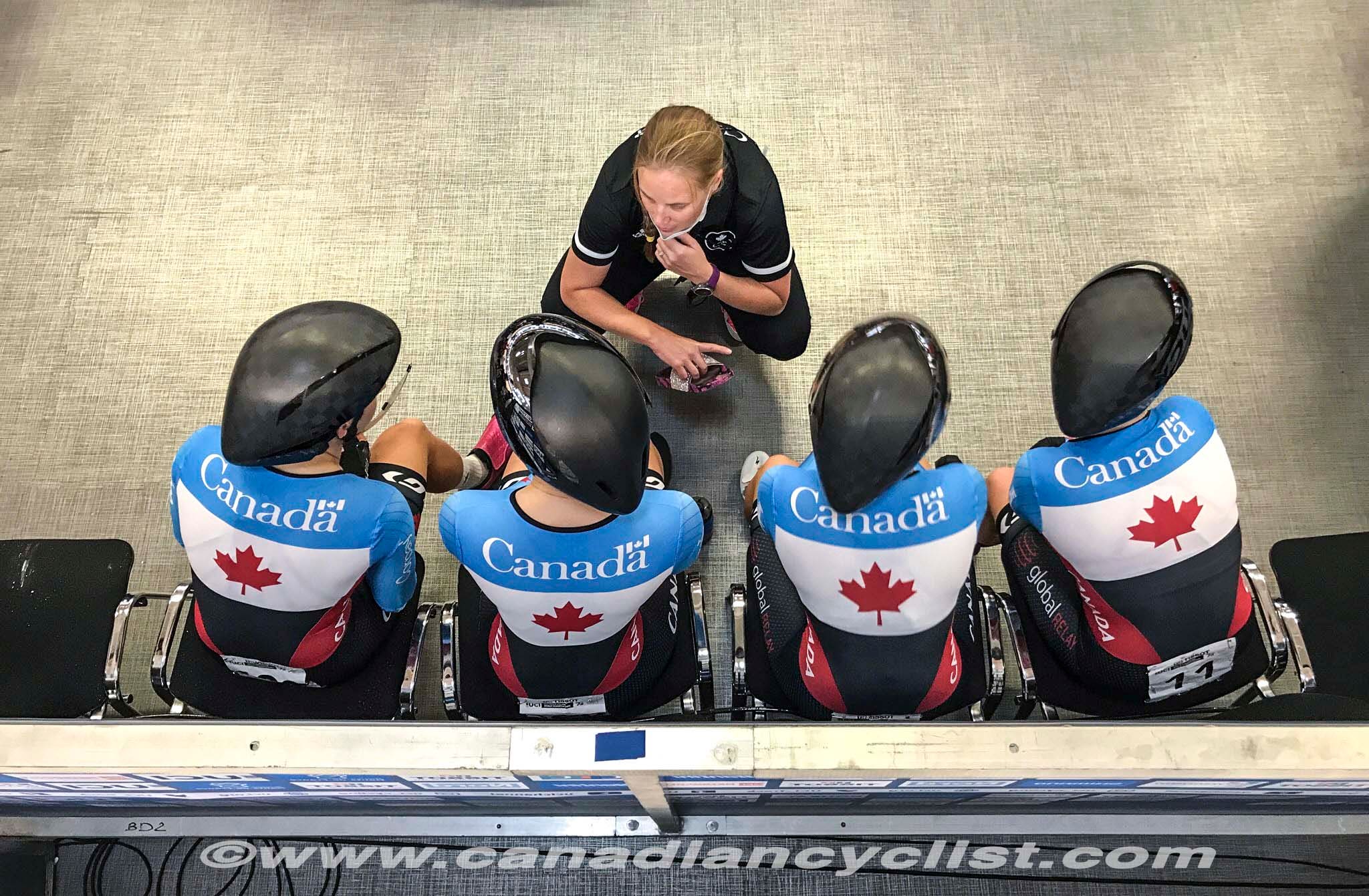
By Jenny Trew, Head NextGen Track Coach
As the 2021 Federal Election was coming to a close, we heard a knock on our door. Both of my kids jumped up immediately to answer it – I mean, who could it be? A valid question, given that visitors haven’t been commonplace for almost 18 months during this pandemic! At the door was our Liberal MP candidate and four-time Olympic medallist, Adam van Koeverden.
Not only is Adam well-known in the Milton community, but he is a role model for a lot of young kids. On top of representing our community, he has shown what hard work, determination and gratitude looks like over the course of his athletic career, which has now transcended into his professional one. Without the values instilled in him as an athlete, he said he would not be where he is today. His main takeaway was that if anything is worth doing, it’s worth doing well. So, set a goal and work for it!
As he reflected on how his athletic career impacted him, it forced me to think about how most athletes get into sports and how their careers start. For the most part, they don’t start a sport because a parent is orchestrating a rise of the next Canadian Olympic hero.
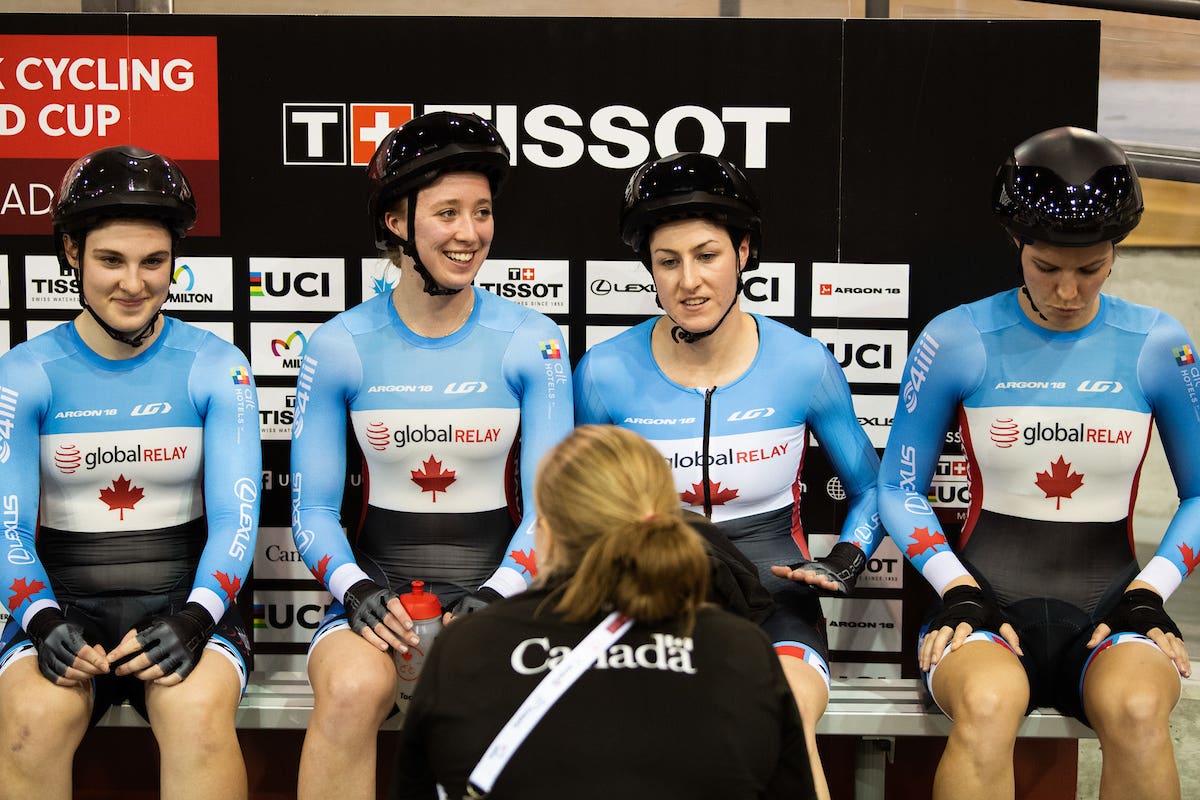
Speaking as a parent, kids are generally put in sport to burn off the excess energy they accumulate during hours at a desk, to learn rules and to have fun with friends. For the lucky few, this unlocks a love for movement, a passion for a sport and a dream. In Canadian cycling, we tend to first see these athletes in their mid-teens. By the time they get to the NextGen program, they are knowledgeable, motivated and developed humans. Our job as coaches, is to nurture this potential – to teach skills and encourage behaviours to create champions, both on and off the field of play – to foster our future Gracious Champions, a term outlined in our 10-year strategic plan whereby Cycling Canada will develop a sustainable performance program that will deliver champions on the world stage while simultaneously fostering lifelong ambassadors to our community.
Coaching at the national level is the honours class and I am lucky to work with the best and brightest cyclists in the country. In the four years that I have been a NextGen coach for Cycling Canada, I have seen our development system grow and reach new heights. This past September, I had the privilege of being trackside coaching Dylan Bibic and Carson Mattern as they reached the top step and claimed the rainbow jersey at the Junior Track World Championships in Cairo, Egypt. As they are both located close to the track here in Milton, I have enjoyed working with them both and watching them progress through the sport over the years.
My goal as a coach is to not only see athletes grow in cycling, but also use the sport as a medium to discover their strengths and weaknesses and build the skills to discover their personal limits. Athletes learn many transferrable skills like goal setting, performance on demand, learning to win and learning to lose all through hard work and determination. By extension, my job is to create a safe place to both succeed and fail in order to learn and grow.
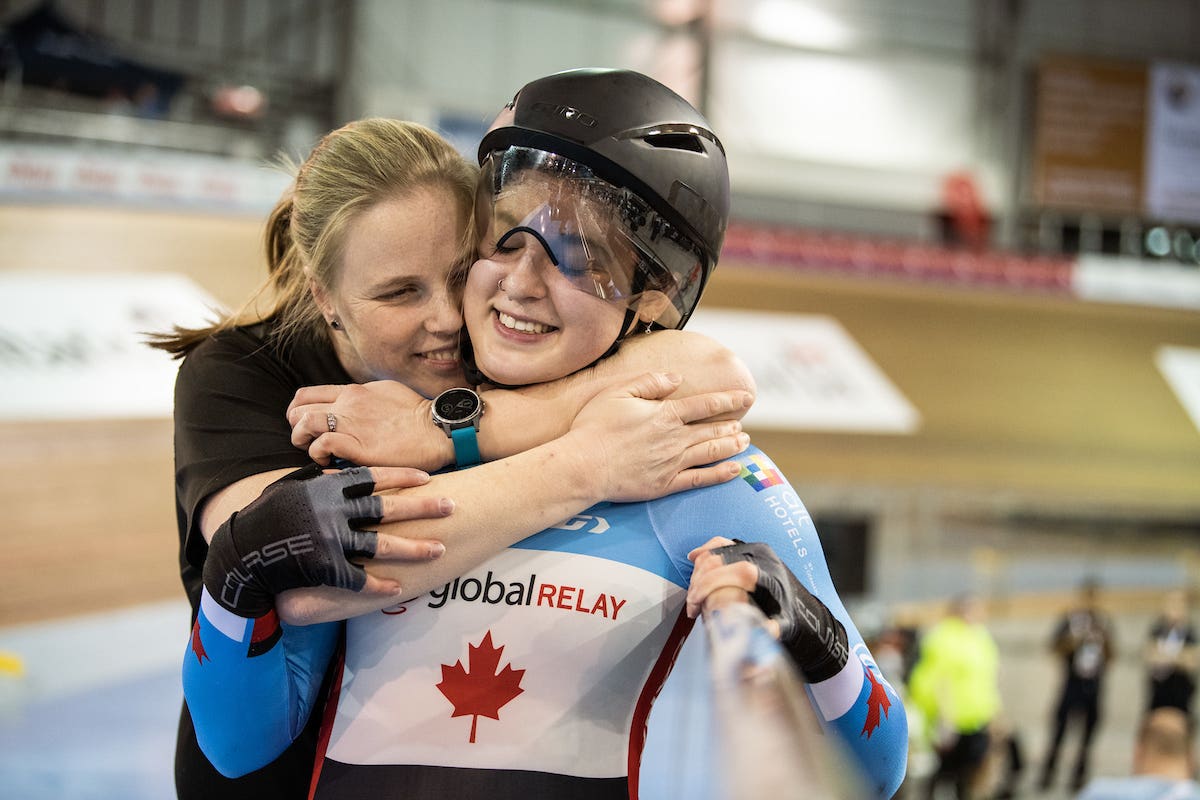
The process of helping young adults navigate from high school, through sport and post-secondary education through to an “adulting” life is incredibly rewarding. While the rainbow jerseys are amazing, getting a note from a former athlete who is excelling in another area of life can be just as powerful. I believe that happy athletes are fast athletes. What one athlete needs and can balance is not the same as another. The under 23 category is a time when athletes are really juggling with this equilibrium. In supporting the athletes to see what they can achieve in various avenues in their lives, we are supporting them to excel in sport. Sometimes this can be done concurrently, but sometimes it looks more like a seesaw.
In Canada, we have so many amazing Gracious Champions who have shown us what it is to be unbelievable athletes while being stand up role models for the community. Embodying a wholistic approach to high performance creates athletes who are exceptional people and able to apply these skills once they are no longer pinning on numbers. Maybe they are knocking on doors instead – and out-hustling their opponents just like they did on the bike.

